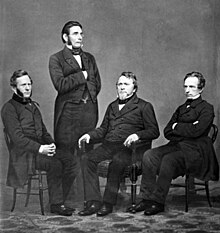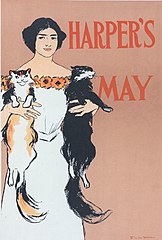
James Alan McPherson was an American essayist and short-story writer. He was the first African-American writer to win the Pulitzer Prize for Fiction, and was included among the first group of artists who received a MacArthur Fellowship. At the time of his death, McPherson was a professor emeritus of fiction at the Iowa Writers' Workshop.
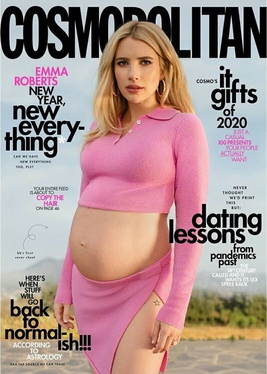
Cosmopolitan is an American quarterly fashion and entertainment magazine for women, first published based in New York City in March 1886 as a family magazine; it was later transformed into a literary magazine and, since 1965, has become a women's magazine. Cosmopolitan is one of the best-selling magazines and is directed mainly towards a female audience. Jessica Pels is the magazine's editor-in-chief since 2018.
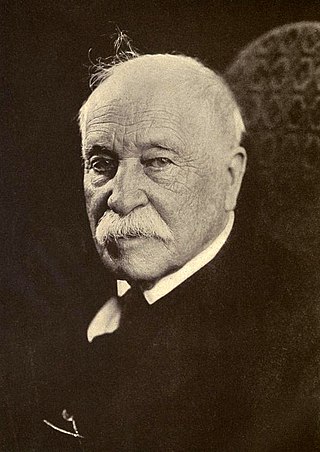
William Dean Howells was an American realist novelist, literary critic, and playwright, nicknamed "The Dean of American Letters". He was particularly known for his tenure as editor of The Atlantic Monthly, as well as for his own prolific writings, including the Christmas story "Christmas Every Day" and the novels The Rise of Silas Lapham and A Traveler from Altruria.
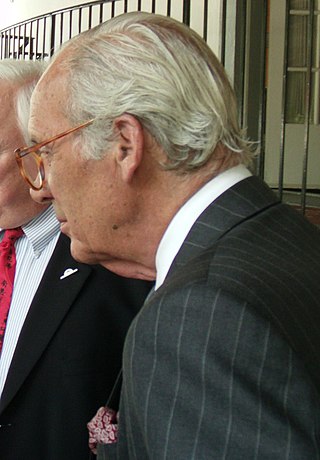
Lewis Henry Lapham is an American writer. He was the editor of the American monthly Harper's Magazine from 1976 until 1981, and from 1983 until 2006. He is the founder of Lapham's Quarterly, a quarterly publication about history and literature, and has written numerous books on politics and current affairs.

Wizard or Wizard: The Magazine of Comics, Entertainment and Pop Culture was a magazine about comic books, published monthly in the United States by Wizard Entertainment from July 1991 to January 2011. It included a price guide, as well as comic book, movie, anime, and collector news, interviews, and previews.
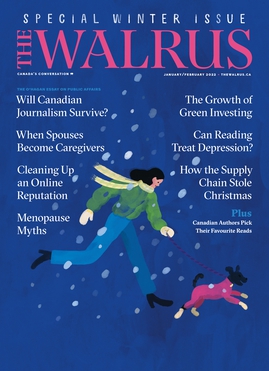
The Walrus is an independent, non-profit Canadian media organization. It is multi-platform and produces an eight-issue-per-year magazine and online editorial content that includes current affairs, fiction, poetry, and podcasts, a national speaker series called The Walrus Talks, and branded content for clients through The Walrus Lab.
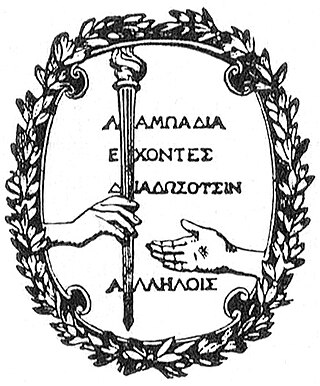
Harper is an American publishing house, the flagship imprint of global publisher HarperCollins based in New York City.

Consider the Lobster and Other Essays (2005) is a collection of essays by novelist David Foster Wallace. It is also the title of one of the essays, which was published in Gourmet magazine in 2004. The title alludes to Consider the Oyster by M. F. K. Fisher.

The New York Times Magazine is an American Sunday magazine included with the Sunday edition of The New York Times. It features articles longer than those typically in the newspaper and has attracted many notable contributors. The magazine is noted for its photography, especially relating to fashion and style.

Artforum is an international monthly magazine specializing in contemporary art. The magazine is distinguished from other magazines by its unique 10½ × 10½ inch square format, with each cover often devoted to the work of an artist. Notably, the Artforum logo is a bold and condensed iteration of the Akzidenz-Grotesk font, a feat for an American publication to have considering how challenging it was to obtain fonts favored by the Swiss school via local European foundries in the 1960s. Artforum is published by Artforum Media, LLC, a subsidiary of Penske Media Corporation. Currently, the magazine is without editorial leadership.

Mark Doty is an American poet and memoirist best known for his work My Alexandria. He was the winner of the National Book Award for Poetry in 2008.
Celia Ingrid Farber is an American print journalist and author who has covered a range of topics for magazines including Spin, Rolling Stone, Esquire, Harper's, Interview, Salon, Gear, New York Press, Media Post, The New York Post and Sunday Herald, and is best known for her controversial beliefs about HIV and AIDS, and a 1998 report on O. J. Simpson's post-trial life. Farber is the daughter of radio talk pioneer Barry Farber and a graduate of New York University.

Benjamin S. Lerner is an American poet, novelist, essayist, critic and teacher. The recipient of fellowships from the Fulbright, Guggenheim, and MacArthur Foundations, Lerner has been a finalist for the National Book Award for Poetry and the Pulitzer Prize for Fiction. Lerner teaches at Brooklyn College, where he was named a Distinguished Professor of English in 2016.

Roger D. Hodge is Deputy Editor at The Intercept. He was the editor of Harper's Magazine from March 2006 through January 2010. He was the editor of the Oxford American from 2012–2015.
Tom Bethell was an American journalist who wrote mainly on economic and scientific issues.

Peter N. Turnley is an American and French photographer known for documenting the human condition and current events. He is also a street photographer who has lived in and photographed Paris since 1978.

John Cowles Jr. was an American editor and publisher, son of John Cowles Sr. (1898–1983). Cowles sat on the boards of directors of the Associated Press and Columbia University's Pulitzer Prizes and had been CEO of Cowles Media Company, founded by his grandfather and until 1998 the parent of the Star Tribune.

Lapham's Quarterly is a literary magazine established in 2007 by former Harper's Magazine editor Lewis H. Lapham. Each issue examines a theme using primary source material from history. The inaugural issue "States of War" contained dozens of essays, speeches, and excerpts from historical authors ranging from Thucydides, William Shakespeare, and Sun Tzu to Mark Twain, among others. Recent issue themes included "Foreigners", "Time", and "Youth". Each issue includes an introductory essay by Lapham, readings from historical contributors, and essays by contemporary writers and historians.
The Best American Essays is a yearly anthology of magazine articles published in the United States. It was started in 1986 and is now part of The Best American Series published by HarperCollins. Articles are chosen using the same procedure with other titles in the Best American series; the series editor chooses about 100 article candidates, from which the guest editor picks 25 or so for publication; the remaining runner-up articles listed in the appendix. The series is edited by Robert Atwan, and Joyce Carol Oates assisted in the editing process until 2000 with the publication of The Best American Essays of the Century.

Holiday was an American travel magazine published from 1946 to 1977, whose circulation grew to more than one million subscribers at its height. The magazine employed writers such as Truman Capote, Joan Didion, Lawrence Durell, James Michener, and E. B. White.

